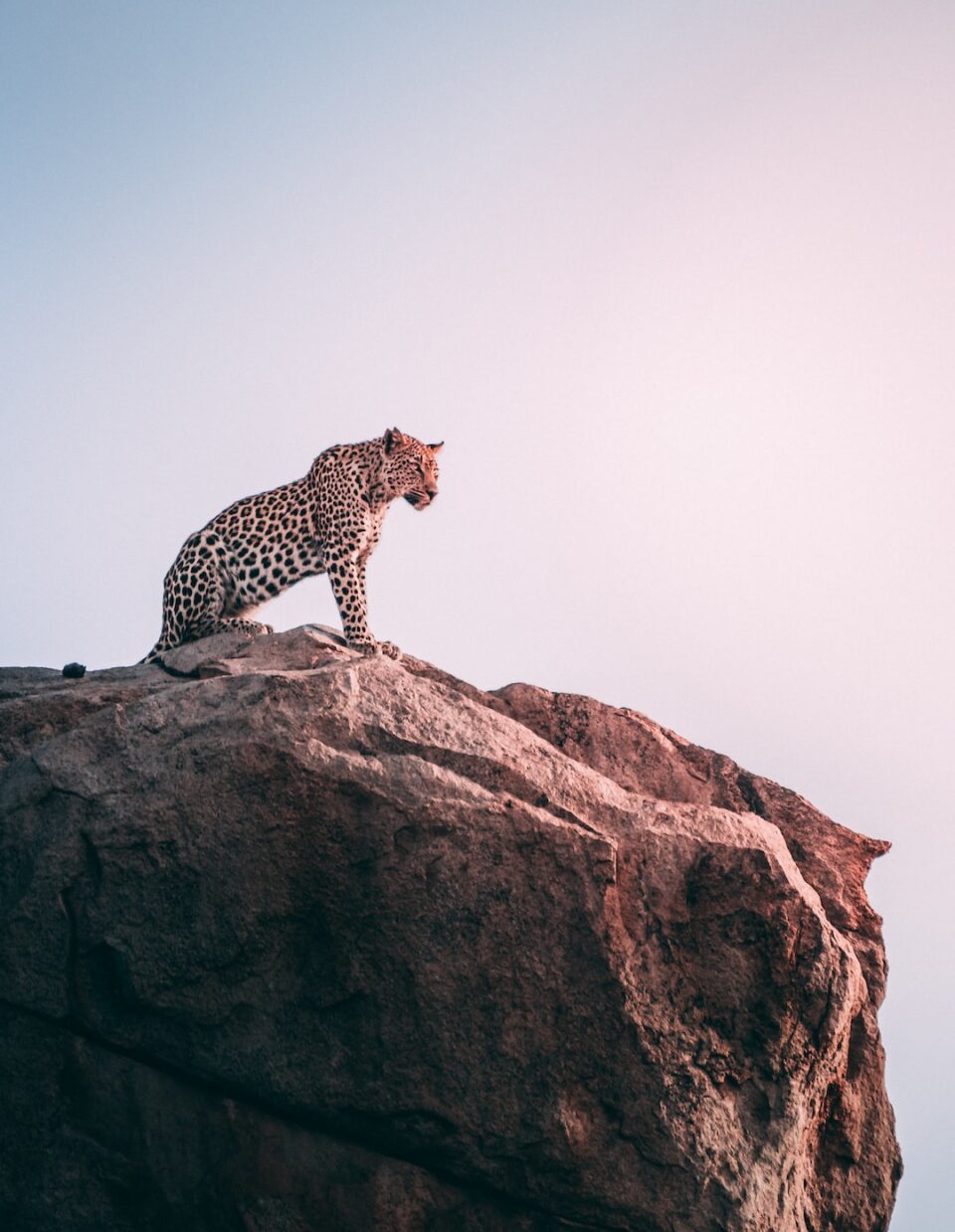The animal kingdom is full of fascinating creatures, each equipped with various adaptations that allow them to survive and thrive in their unique environments. From remarkable physical attributes to extraordinary behaviors, the world of animals is a testament to the incredible ingenuity of nature. In this blog post, we explore some of the most unique animal adaptations in the animal kingdom.
1. The Chameleon’s Camouflage:
One of the most instantly recognizable animal adaptations is the chameleon’s ability to change its color to blend in with its surroundings. This remarkable feat is achieved through specialized skin cells called chromatophores, which contain pigments that can be expanded or contracted to display different colors. This adaptation enables chameleons to hide from predators or ambush their prey, making them the ultimate masters of disguise.
2. The Electric Eel’s Electrifying Shock:
In the depths of the Amazon rainforest, the electric eel reigns as one of nature’s most fascinating creatures. Unlike its namesake, the electric eel is not technically an eel but rather a type of knife fish. What sets it apart from other fish is its ability to generate electricity. Specialized electric organs in its body emit electric shocks of up to 600 volts, which it uses for navigation, communication, and hunting prey. This unique adaptation allows the electric eel to navigate murky waters and stun its prey.
3. The Cuttlefish’s Shapeshifting Abilities:
The cuttlefish, a close relative of octopuses and squids, possesses an incredible ability to change its skin color and texture. Using specialized cells called chromatophores and muscular contractions in its skin, the cuttlefish is capable of blending seamlessly into its surroundings and even mimicking other animals. This adaptation serves as a defense mechanism against predators and allows the cuttlefish to ambush unsuspecting prey.
4. The Axolotl’s Regenerative Powers:
The axolotl, also known as the “Mexican walking fish,” is renowned for its remarkable ability to regenerate lost body parts. Unlike most animals, which form scar tissue when injured, the axolotl can regenerate entire limbs, spinal cord, heart tissue, and even parts of its brain. Scientists are studying this unique adaptation in the hopes of developing potential regenerative therapies for humans someday.
5. The Viperfish’s Bioluminescent Lure:
The deep-sea is home to some of the most bizarre adaptations, and the viperfish is no exception. This formidable predator possesses a long, fang-like teeth and a unique adaptation known as photophores. These light-producing organs allow the viperfish to emit bioluminescent light, attracting smaller fish and unsuspecting prey. By luring their prey with this mesmerizing light, the viperfish can easily snatch them up in their jaws.
6. The Dung Beetle’s Ball-Rolling Skills:
Dung beetles are famous for their fascinating behavior of rolling balls of dung, which serves as both a food source and a means of reproduction. These industrious insects navigate using the Milky Way as a guide, an adaptation found in only a few other animals. By rolling the dung ball, the beetle ensures its offspring have fresh food to feed on once they hatch. This unique adaptation has even inspired scientists to develop innovative navigation technologies inspired by the dung beetle’s exceptional skills.
7. The Arctic Fox’s Seasonal Camouflage:
In the harsh Arctic environment, survival is a daily struggle. However, the Arctic fox has evolved a unique adaptation to help it blend in with its surroundings during different seasons. In winter, its fur turns completely white to blend with the snow, providing excellent camouflage against potential predators. As summer arrives, the fox’s fur gradually changes to a brown or grayish color, allowing it to blend into the surrounding tundra. This incredible adaptation allows the Arctic fox to maximize its chances of survival in its unforgiving habitat.
These examples merely scratch the surface of the astounding array of animal adaptations found in the animal kingdom. From incredible physical transformations to astonishing behaviors, nature never ceases to amaze us with its creativity and adaptability. As we delve deeper into the secrets of the animal kingdom, we continue to uncover even more fascinating adaptations that remind us of the intricate interconnectedness of all living beings on Earth.


